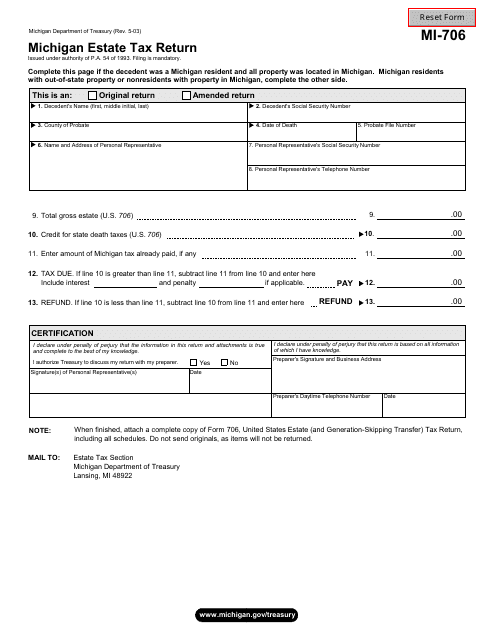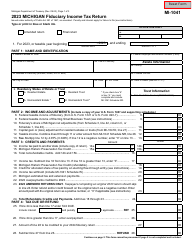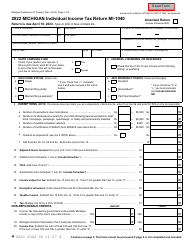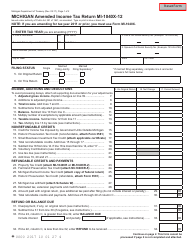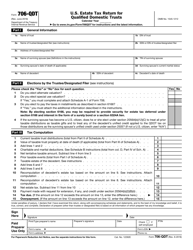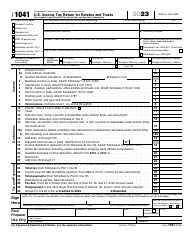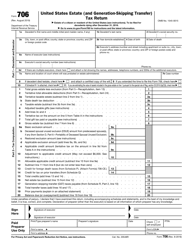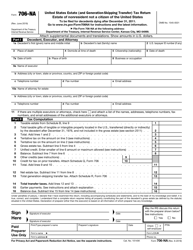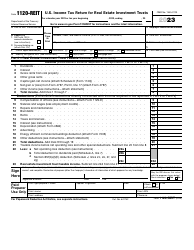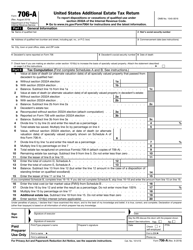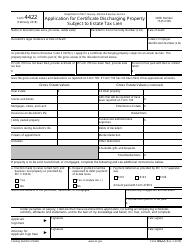Form MI-706 Michigan Estate Tax Return - Michigan
What Is Form MI-706?
This is a legal form that was released by the Michigan Department of Treasury - a government authority operating within Michigan. As of today, no separate filing guidelines for the form are provided by the issuing department.
FAQ
Q: What is Form MI-706?
A: Form MI-706 is the Michigan Estate Tax Return. It is used to report and pay estate taxes owed to the state of Michigan.
Q: Who needs to file Form MI-706?
A: Form MI-706 must be filed by the executor or personal representative of an estate if the decedent's gross estate exceeds the Michigan estate tax exemption amount.
Q: What is the Michigan estate tax exemption amount?
A: The Michigan estate tax exemption amount is $5.49 million for individuals who died in 2021.
Q: When is the deadline to file Form MI-706?
A: The deadline to file Form MI-706 is within nine months after the decedent's date of death.
Q: Are there any extensions available for filing Form MI-706?
A: Yes, you may request a six-month extension to file Form MI-706 by filing Form MI-1041EXT.
Q: How do I pay the estate taxes owed on Form MI-706?
A: The payment of estate taxes owed can be made by check or electronically through the Michigan Department of Treasury's e-Payments system.
Q: Are there any penalties for late filing or payment of estate taxes?
A: Yes, there are penalties for late filing or payment of estate taxes, including interest charges on the unpaid amount.
Q: Do all estates need to file Form MI-706?
A: No, estates that fall below the Michigan estate tax exemption amount are not required to file Form MI-706.
Q: Can I get help with filling out Form MI-706?
A: Yes, you can seek assistance from a tax professional or an attorney who specializes in estate tax matters.
Form Details:
- Released on May 1, 2003;
- The latest edition provided by the Michigan Department of Treasury;
- Easy to use and ready to print;
- Quick to customize;
- Compatible with most PDF-viewing applications;
- Fill out the form in our online filing application.
Download a fillable version of Form MI-706 by clicking the link below or browse more documents and templates provided by the Michigan Department of Treasury.
